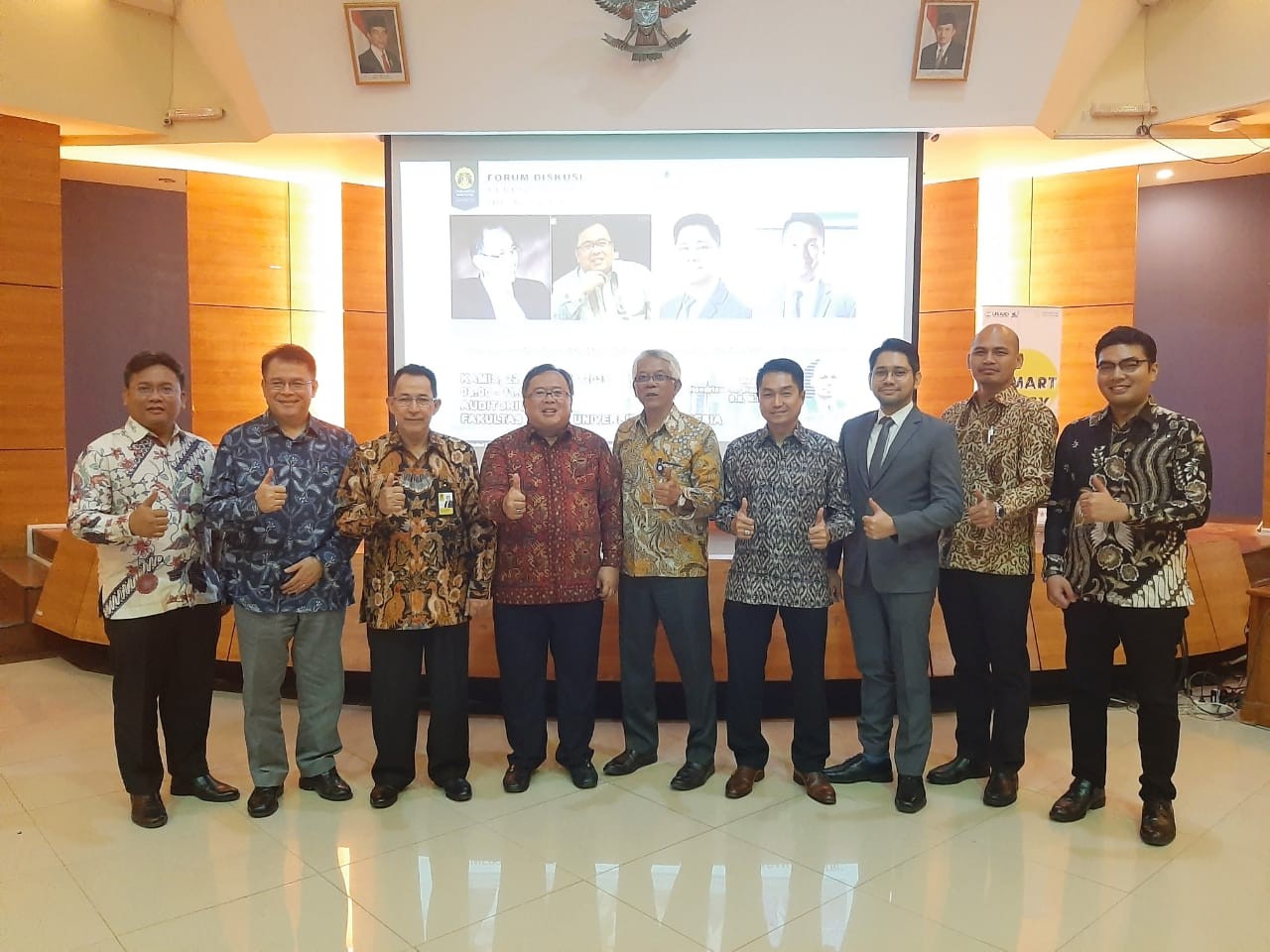In line with the Government of Indonesia's plan to relocate the capital city to East Kalimantan, there are several concepts considered to be implemented to the new capital; one of which is "Smart City" that is tech-based, green, and sustainable. This concept has previously been developed in other countries accoss the globe, such as Stockholm and Barceloona in Europe. Indonesia itself has already carried out the "Toward 100 Smart Cities" movement, a program initiated by the Ministry of Communication and Information Technology, Ministry of Home Affairs, Ministry of Public Works and Public Housing, National Development Planning Agency, and Presidetial Staff Office.
Smart City, however, revolves not only around technological development. Smart City evolves from the concept of digital city, which emphasizes on the integration between information and communication. It also has to be responsive to the challenges and effective in problem solving to enhance the economy and the people's quality of life.
Researcher and Partnership Manager of SMART CITY CCR, Dr. Ahmad Gamal, stated that smart city can be derived from how human's brain works. The brain has three levels of intelligence; first is data collection, when human acquire and collect all the data. Second is information processing, when the collected data is processed to describe the problem and turned into useful information to review the data. The third one is decision making, when human can take decisions based on the selected information to resolve the problem and establish the strategic steps.
Speaking of the smart city concept for the new capital, Dr. Gamal also revealed that there are four assessment criteria that determine the location of the capital city: environmental standard, infrastructure standard, economic standard, and humanity standard. These criteria can be observed through basic measurement, such as data on ground movements, 3D modeling of land and built-up areas using Light Detection and Ranging (LiDAR) technology, which has been developed by SMART CITY research team. The data obtained from this modeling can simulate the risk of disasters, potential land for farming, location of housing, offices, industry, land and building values, economic models that include job creation, and transportation and transport infrastructure models.
To be able to adopt the concept of smart city, a triple-helix approach merging the power of government, academia, and industry is needed. Given the importance of the synergy of this development trinity, SMART CITY and the University of Indonesia Faculty of Engineering in collaboration with the Ministry of PPN / Bappenas and Honeywell Indonesia held an Open Discussion Forum titled "Planning and Development of Smart City-Based Capital City in Indonesia". The event, which was held on Thursday, August 22, 2019 in the Auditorium K.301 Faculty of Engineering, University of Indonesia, at 9:00 to 11:00 WIB, featured the Minister of National Development Planning Agency Prof. Dr. Bambang P.S Brodjonegoro as the keynote speaker, University of Indonesia Rector Prof. Dr. Ir. Muhammad Anis, M.Met, Dean of the Faculty of Engineering Assoc. Prof. Hendri D.S Budiono, SMART CITY UI Researcher and Partnership Manager Ahmad Gamal, Ph.D., President Director of Honeywell Indonesia Roy Kosasih, and moderated by the Secretary General of the Indonesian Association of Planning Experts, Hendricus Andy Simarmata, Ph.D.
This open discussion will be the right platform to discuss the potential and risks of applying the smart city concept for new capital development from various perspectives. This activity is also expected to build understanding and awareness of the importance of cooperation between the government, academia, industry, and the community in determining the direction of national development.
Watch the full video of the discussion here.


